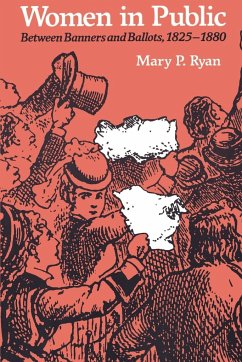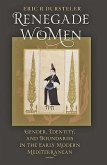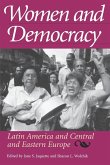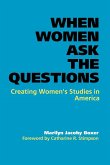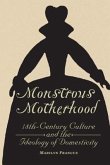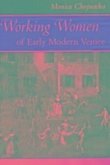On May 15, 1862, U.S. General Benjamin Butler, commander of occupied New Orleans, ordered that any woman who publicly insulted Union soldiers be subject to prosecution as a prostitute. Not all nineteenth-century women, Butler learned, felt their place was in the home. As his order implies, women were governed by an unwritten code of public conduct, appeared on public streets, spoke out on public issues, and were subjects of public policy. In "Women in Public" noted historian Mary P. Ryan examines each of these issues as it affected women in New York, New Orleans, and San Francisco. Contrary to current perceptions, Ryan contends, nineteenth-century women appeared in public in a variety of roles. They took part in civic ceremonies, from Independence Day celebrations to ethnic festivals. Whether they sonsorted in parks designed for "ladies" or in the increasingly regulated haunts of prostitutes, their place in the everyday life of the streets became more segregated and distinct. Denied access to the voting booth, they practiced "outdoor politics," waving handkerchiefs at rallies--and wielding brickbats in riots. Exploring little-noted aspects of nineteenth-century political discourse, Ryan shows how gender and sexual imagery in public language changed as the century progressed. She analyzes the construction of boundaries between private and public spheres and examines the American political system's failure to accommodate difference within democratic order.
Hinweis: Dieser Artikel kann nur an eine deutsche Lieferadresse ausgeliefert werden.
Hinweis: Dieser Artikel kann nur an eine deutsche Lieferadresse ausgeliefert werden.

